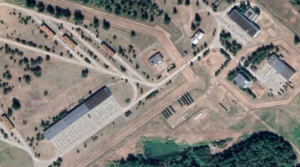The 10th Anniversary of the HCoC
Observatoire de la non-prolifération
Bulletin n°74
En 2013, on the occasion of the 10th anniversary of the HCoC, the Center for Studies in International Security and Arms Control published a special issue of the Bulletin de l’Observatoire de la non-proliferation.
OCTOBER 2013
CONTENTS

- Le code de conduite de La Haye : 10 ans de lutte contre la prolifération balistique, Camille Grand (directeur de la FRS)
- Genèse du HCoC, Bruno Gruselle
- HCoC et la prolifération balistique, Erik Marzolf
- An interview with Ambassador CHO Hyun (Republic of Korea, 2012-13 HCoC Chair)
- Legal features of the Hague Code of Conduct, Natalino Ronzitti
- La problématique des lanceurs légers, Xavier Pasco & Stéphane Delory
- HCoC et MTCR, Jérémie Hammedi



